Whether you run, ride, row or cycle or prefer to lift weights, do press-ups or play sport for fitness, a good warm up can make the difference between workout success and failure. For many exercisers, warming up is not considered an important part of working out and some even skip warming up altogether.
While skipping or cutting short your warm up could save you a few minutes of valuable time, you will probably find that, as a result, your workout isn’t as productive as it might be and the time saved may be nullified when you end up losing days or even weeks to an otherwise avoidable injury.
A good warm up should help make the transition from being sedentary to being active as smooth and painless as possible while preparing your muscles, joints and mind for the activities to fallow.
There are five stages of warming up…
- Pulse raiser
- Joint mobility
- Dynamic flexibility
- Movement preparation
- Activity practice
How long should your warm up take you? As a rule, no less than five minutes and as many as 20-minutes or more is about right. If you are cold, stiff, carrying an injury or intend to exercise very intensely then a longer warm up is appropriate. However, if it’s a warm day, you feel loose already, or your planned workout is a low intensity activity such as jogging, a shorter warm up is more fitting.
How to warm up…
Pulse raiser
The pulse raiser part of the warm up is the part that actually make you warm and consists of a few minutes of light, progressive, cardio. Start slow and then, over five to ten minutes, gradually increase your speed until you are slightly out of breath and sweating slightly. If possible, choose full body activities such as rowing or using a cross trainer over cycling or jogging so that you warm up your upper as well as your lower body. On completion of your pulse raiser, move directly on to the next phase…
Joint mobility
Take your ankles, knees, hips, spine, shoulders, elbows and wrists through their full, natural range of movement by performing exercises like shallow knee bends, shoulder shrugs, ankle circles and waist twists. Do 10 to 20-repetitions per major joint. Start with small movements and increase gradually over several repetitions until your joints feel lubricated and supple. If a particular joint feels stiff, e.g. your knees, go back to it and do another 10 to 20-reps of your chosen exercise.
Dynamic flexibility
Static stretches involve holding your muscles in a stretched position for 10 to 30+ seconds which is a good way to improve flexibility but also allows your temperature to start to return to normal and may reduces the contractility (strength potential) of your muscles. In simple terms, static stretching puts your muscles to sleep! This is fine once your workout is completed but not ideal for during a warm up. Instead, perform dynamic stretches.
Dynamic stretches are stretches on the move that will increase your functional flexibility without relaxing your muscles. Do ten-repetitions of the following exercises making sure you perform them smoothly and unhurriedly rather than fast and jerkily.
-
Squat to overhead arm swing With your feet shoulder-width apart and your hands by your sides, push your butt back, bend your knees and squat down as far as is comfortable. Stand up and swing your arms up and overhead – reach for the sky. Lower your arms and repeat.
-
Step back and pull back Stand with your feet together and your arms extended in front of you at shoulder-height. Pull your arms back as though you were doing some form of rowing and step back with one leg. Extend your leg behind you and push your heel down toward the floor. Bring your feet back together and then repeat. Alternate legs rep by rep.
-
Geckos Adopt the press up position. Bend one leg and plant your foot next to your hand on the same side. Make sure your shin is vertical. Extend your leg and repeat on the opposite side. Do 10-repetitions per side.
-
Stick ‘em ups Raise your hands to your shoulders with your palms facing forward. Squeeze your shoulders together and raise your arms up above your head. Pull your arms back down and repeat. Try to keep your forearms vertical and your elbows directly under your wrists.
Movement preparation Spending long periods of time sat down or otherwise immobile can leave your muscles all but deactivated. While your warm up so far will have started the job of bringing your muscles back online, you’ll be far stronger for your workout if you perform these muscle activation exercises.
-
Hip bridge marches Lie on your back with your legs bent and feet flat on the floor. Push your hips up toward the ceiling so your knees, hips and shoulders form a straight line. Without dropping your hips, march on the spot for 20-steps – ten per side. This exercise fires up your glutes, hamstrings and lower back.
- Press-up plank With your hands shoulder-width apart, adopt the press up position. Bend your arms and lower your chest to within an inch of the floor. Next, tense your thighs, glutes, abs, chest, arms and back muscles as tight as you can; hold for ten-seconds. Try to generate as much tension in your body as possible.
Activity practice
Now you are warm and limber and your muscles are fully activated, it might be tempting to jump into your top work sets without any further delay; this would be a mistake. So far, everything you have done can be considered a general warm up – now it’s time to get specific.
Whatever exercises you intend to do in your workout, spend a few moments doing easy versions of those exercises so that, over a few sets, you ramp up the intensity gradually. For example, if you were going to bench press 100-kilos, you might do the following…
10-reps – empty barbell (20kgs)
8 reps – 40kgs
5 reps – 60kgs
3 reps – 80kg
1st work set – 100kg
If you are doing cardio, you might start at a comfortable pace before gradually building up to your top speed. Easing into the most intense part of your workout will make it feel much easier. Grabbing and benching 100kg without some ramped sets will make that weight feel even heavier than it already is which will not set a good tone for your workout.
Time spent warming up is time well spent. If you don’t have time to warm up thoroughly then you really don’t have time to work out. Get the most from each and every workout by always warming up properly.

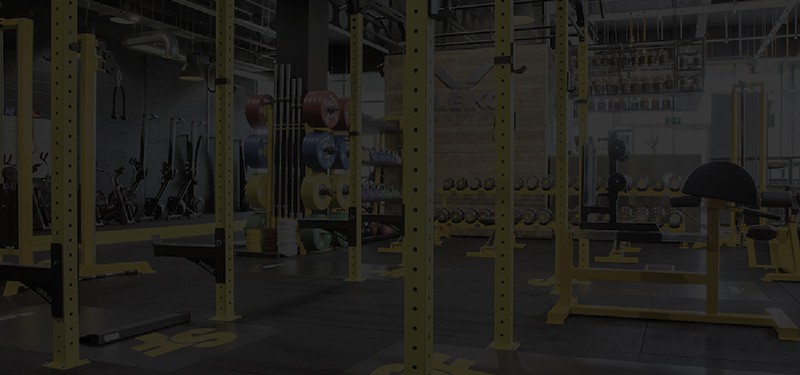
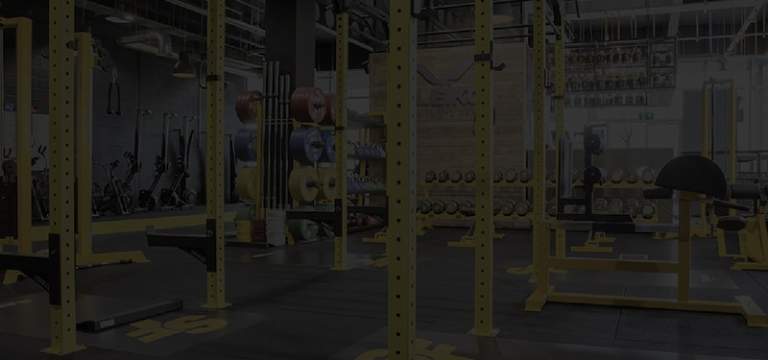

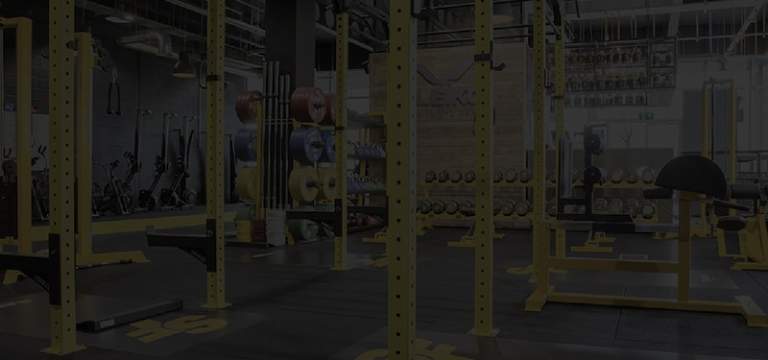

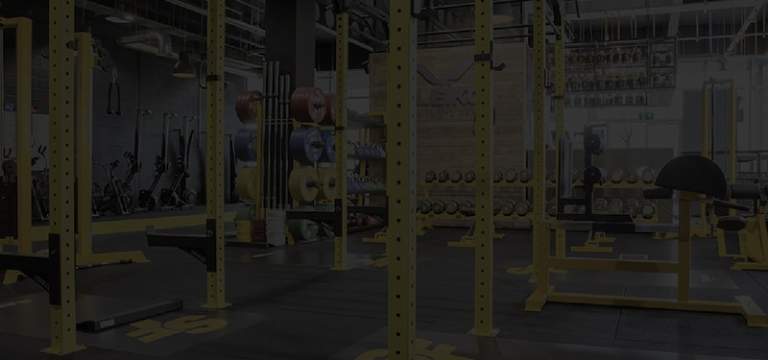

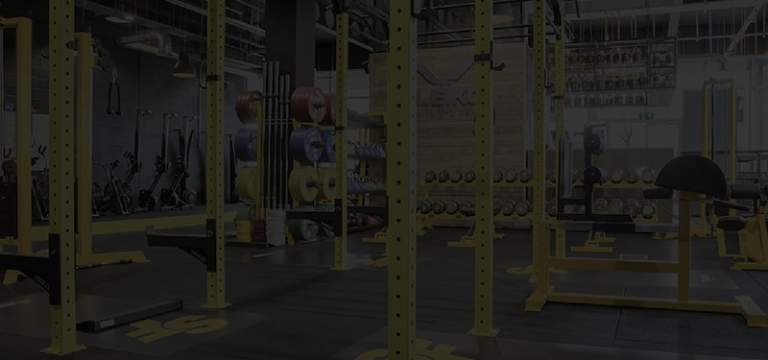

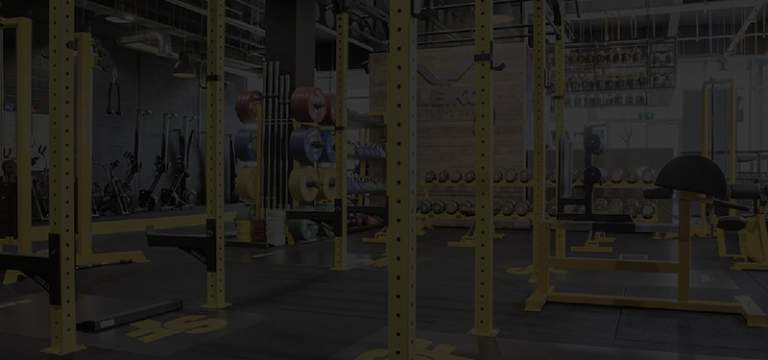
2 Comments
Comments are closed.